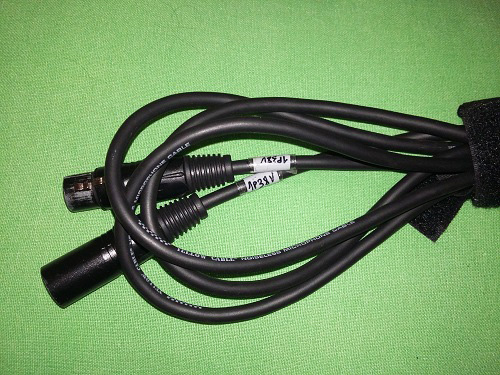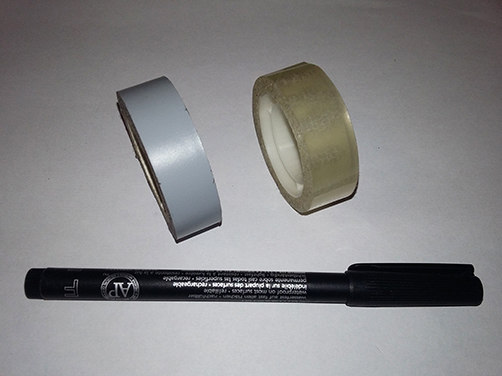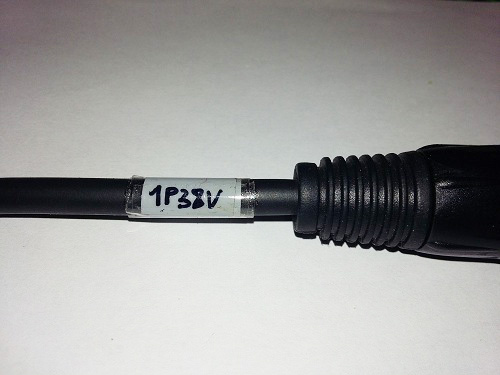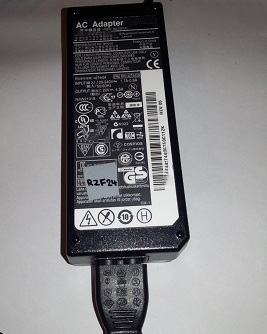A few thingz
Joseph Basquin
15/02/2026
#logistics
Get organized with your stuff – all you need is a 5-character identifier
After years of music production, photography, electronics, programming, <name your favorite creative field here>, or whatever, we probably all end up with the same situation: we accumulate a lot of gear.
Most of these items are (thankfully) working, some of them are broken (but we keep them just in case), and some others, well ... we don't really know, probably because we never properly identified them.
I'm speaking about USB cables, phone chargers/PSU (good and not-so-good ones), external hard drives that all look the same, microphones, XLR microphones cables, audio interfaces, etc.
Usually it's ok to use one item or another, but for special occasions (an important recording session / photography shooting / whatever), you don't want your work to be spoiled because, among 5 units, you picked the wrong laptop power supply, the only one that produces an annoying 50Hz buzz when recording audio.
Here is an easy rule to circumvent this problem:
All you need is to label your items with a 5-character ID

with a pen, some tape

and to make an inventory with your (tested) items:

But why random 5-alphanumeric characters? Because every time you'll want to label a new object, you won't have to worry about "Was this ID already taken or not in my inventory?"
With a very high, large enough probability, it will not be already taken.
To be more precise, if you label 1000 objects in your life with these 5-random-alphanumeric-char identifiers, you'll have a probability of 0.8 % that two objects have the same label. I think it's ok. This is a classical application of the math birthday problem.
I personnally don't care if once in my life two items have the same number in my inventory, but if I'd care, I would just use a 6-alphanumeric-character ID (in this case the probability of at least one collision is 0.02%).
Ok, this is just UUID applied to real life.
I can hear you saying:
"Well that's nonsense, I can just number the items #0001, #0002, and so on. Why a random alphanumeric ID?"
Reason #1: Let's say you have 5 cables around you. You label them #0001, #0002, ..., #0005. Two month laters you have a new cable with no label, and don't have the inventory handy. Where did I stop in the numbering the last time? I think I stopped at #0004, so let's label this one #0005. (1 hour later). Oops no no no, #0005 was already taken. But maybe #0006 as well? Well no problem, let's label it with #9999. (2 months later). How to label this new cable? Did I already have a #9998 or not?
As we can see using an increasing sequence requires us to remember where we stopped the previous time, and it's not convenient.
Reason #2: If you have multiple item types (cables, PSU, hard drives), you will have many objects numbered #0001, so it's not easy to find them in an inventory. Here you can have a single inventory file with all your stuff. Once again, it's unlikely that two items in your life will have the same label.


Interested by this kind of useless things?
